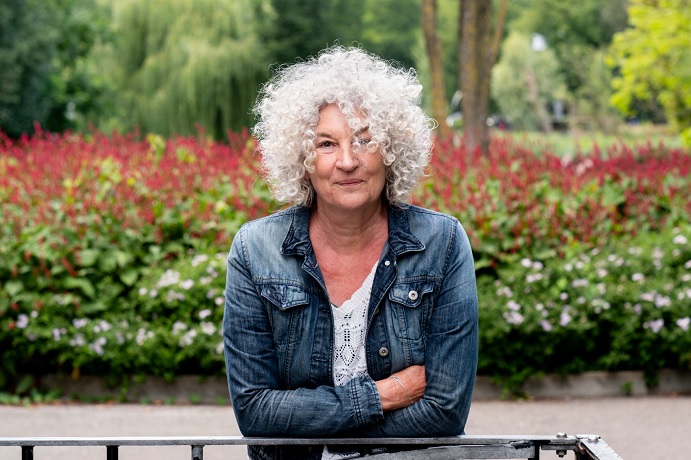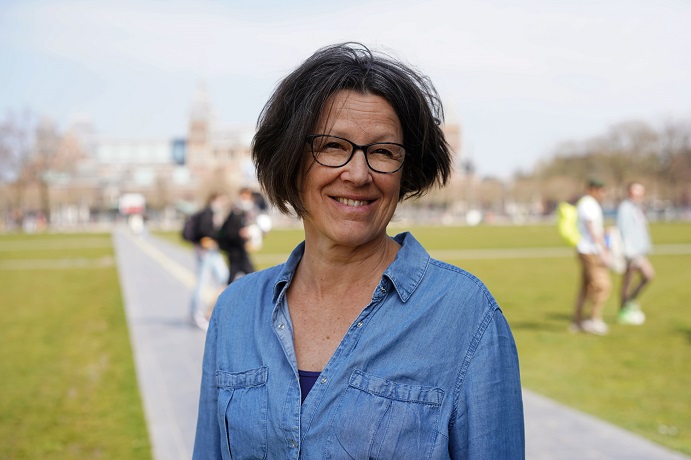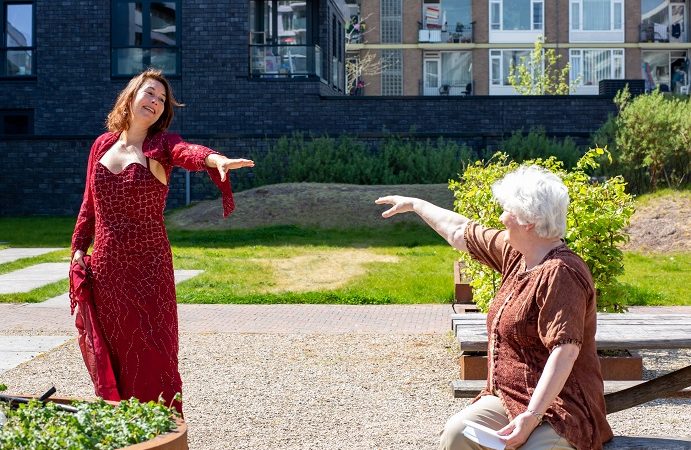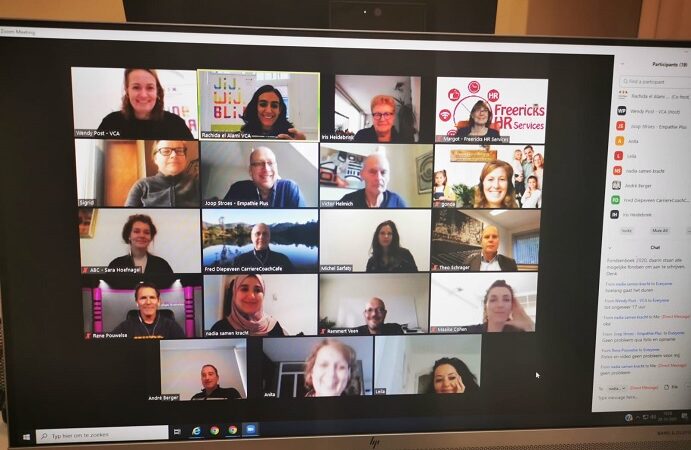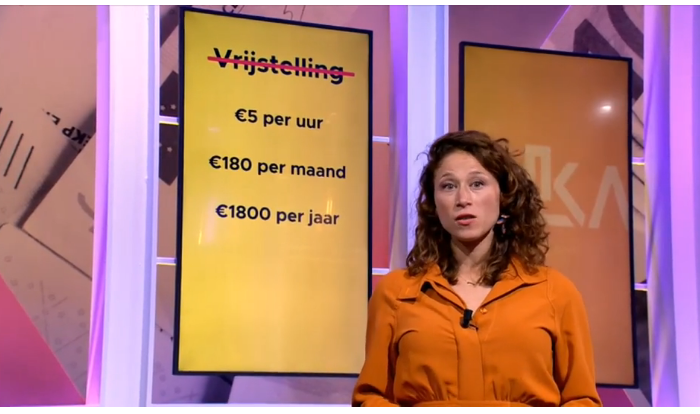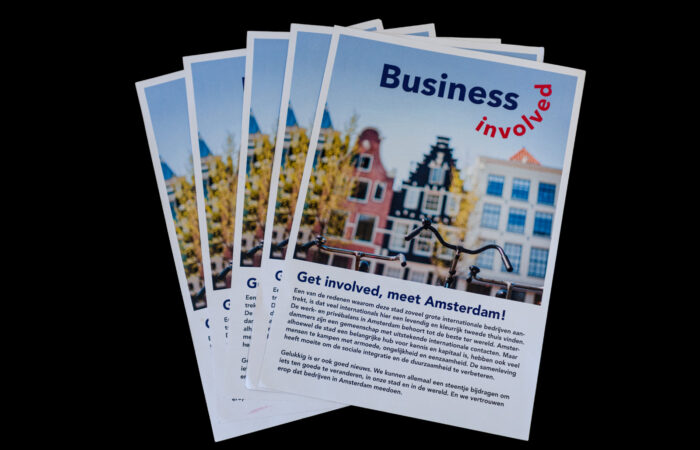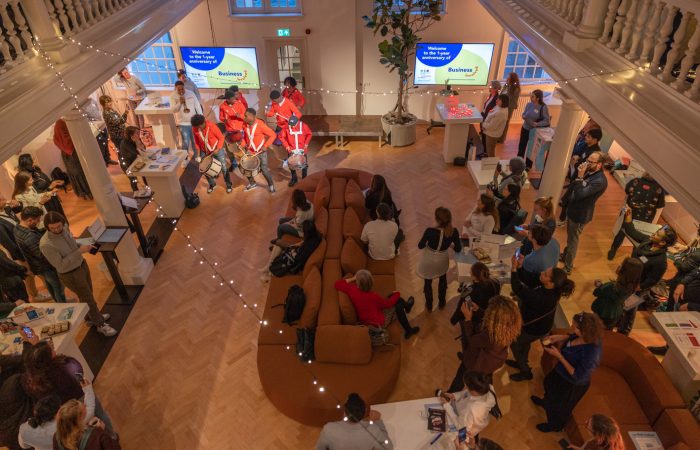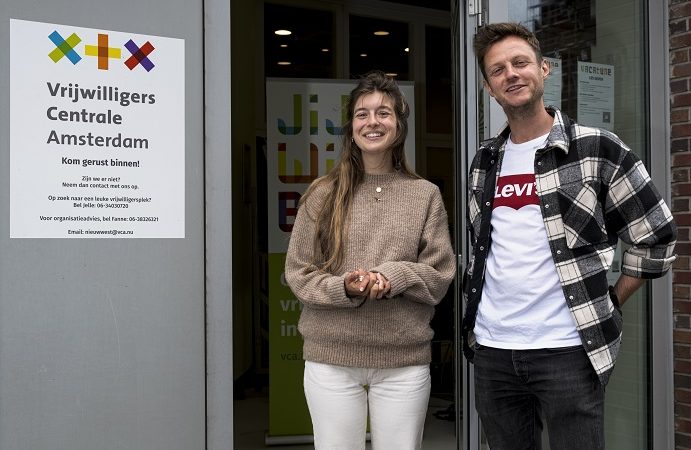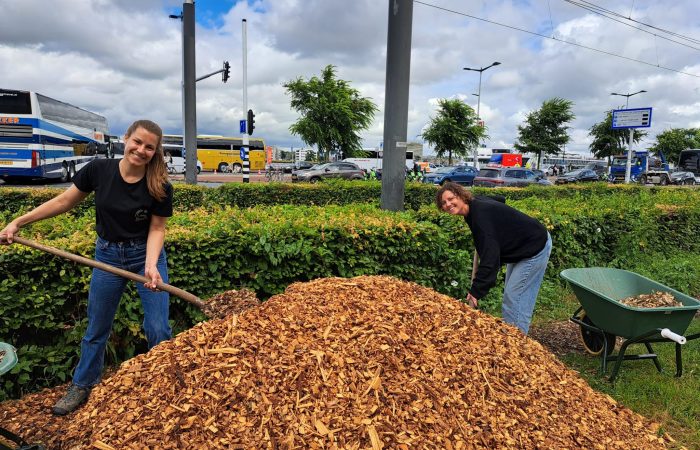Corona also sparks creativity and new ideas that require voluntary commitment during and after the crisis. In November, we organized two inspiration sessions with organizations, and these tips emerged from them.
Doers, lookers, and newcomers
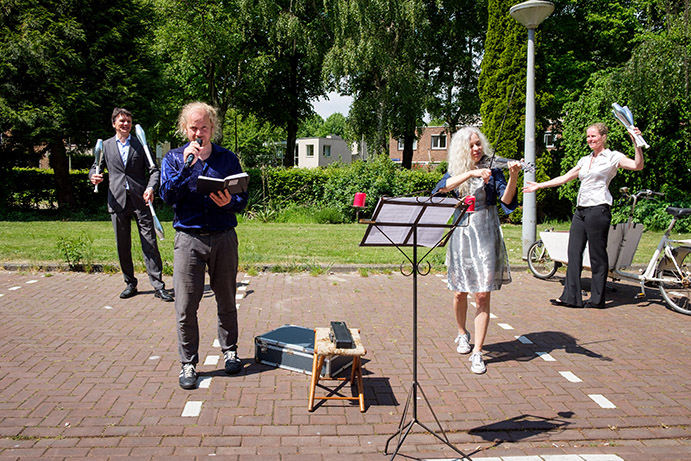
Photo: Sake Rijpkema
Guiding volunteers in times of corona
Our response to a threatening situation is to fight, flee, or freeze. The coronavirus crisis has the same effect on volunteers: one perseveres at all costs, another is unsure for the moment, and yet another temporarily withdraws. As a volunteer coordinator, you are looking for the right form of support for volunteers during this time.During an online inspiration session, we spoke with several Amsterdam-based organizations about guiding volunteers during a crisis. Here we share some surprising insights. We believe they can also be useful in a post-COVID time.
Volunteers in your team can respond to this situation by taking action, observing, or taking a break. Each response requires a different way of guidance.
Supporters
The go-getters are full of ideas and solutions and can’t wait to roll up their sleeves, asking: What is needed and what can we do? These volunteers want to brainstorm about alternative services, focus on what is possible, and are willing to take on other tasks. Recognize and encourage new talents and positive energy that emerge. Include them in discussions and brainstorming sessions about your organization’s (changing) services. Explore together what they can contribute immediately. Provide them with tips for working safely and taking care of themselves. Check in regularly on how they are doing with their new tasks, their own health and well-being, and ask what they need to keep going. Want to learn how to use Zoom? Other skills? A temporary phone or a cargo bike? Show the outside world what they are doing.
Go-getters can be new volunteers who, through a digital platform, a Facebook page, or VCA, want to make an immediate impact in these times. Ask them how they find the work. Do they have tips or ideas? And ask without hesitation: How can I keep you in my organization?
Onlookers
The onlookers are waiting to see what the situation means for their volunteer work, themselves, and their immediate surroundings, and they are asking themselves: what is the organization doing in these times, what do I want, what can I do?
These volunteers want to be kept informed about the situation. Eventually, involve them in Zoom sessions to discuss and share their thoughts. Keep them informed about the organization’s status, what you are and are not doing, provide clear information. Send a video with footage of what you are working on or the measures you are taking. Engage in conversation and let them make their own choices and take responsibility for what they do or do not want. Show them that their choices are valid.
Newcomers
The newcomers are shocked by the situation, may be anxious, and may withdraw completely for a while, asking themselves: What is happening, how many victims are there, how do I stay safe, and when will this be over? Keep in touch with these volunteers. Call, email, WhatsApp. What are you doing? We miss you. What do you miss about volunteering? What are you afraid of when we start again? Do you have any tips for me? What can I do for you? Share good RIVM information with them. And when the time is right, ask: Do you want to continue working with us or do something else? If they want something else, help them by providing the phone number of a VCA mediator who will have a conversation with them and assist them further.
What do we take with us?
This time brings beautiful new insights, practices, and volunteers. In the transition phase towards a bit more flexibility, it is good to think about: what will we continue to do online, what will we do in person again? What are the benefits of the approach during the pandemic? What will we take with us?
You can establish a set of criteria with your team for when you want to allow physical contact and when not.decision treecan help with this. For example, if people are not easily reachable by phone, that can be a reason to visit in person.
VCA advisors are ready to assist you
We are here for you with personal advice.Look for an advisor in your neighborhood.l.


